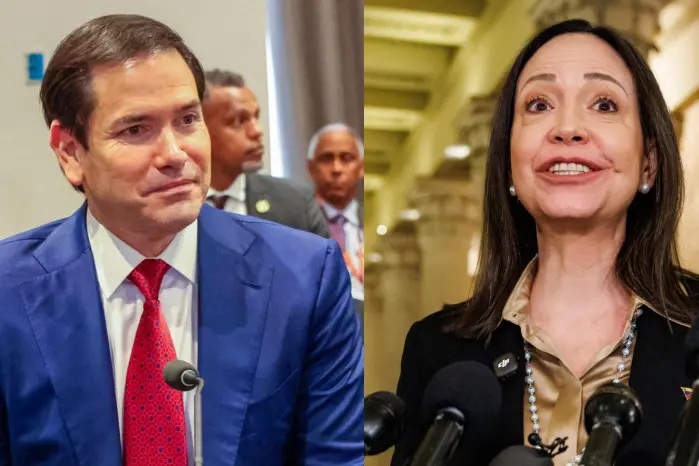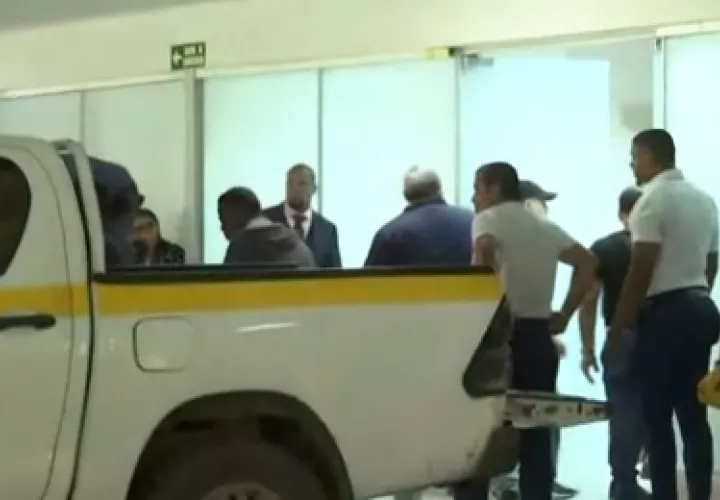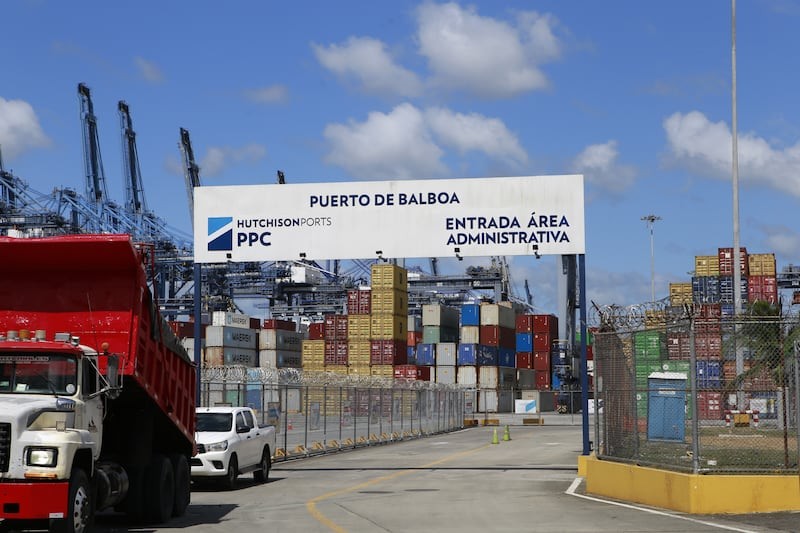Judicial acts hurt Panama investment –former ambassador

Within hours of the ruling that dismissed the Attorney General Ana Matilde Gómez the former U.S. ambassador to Panama, Barbara Stephenson cabled Washington, that: "Martinelli's wishes are orders for CSJ (Supreme Court): suspending the Attorney General."

The Supreme Court of Panama voted 5-4 for a suspension of the Attorney General to face trial on charges of abuse of authority. "
Any hope that the Court acted in the right vanished, all the ominous predictions of the troubled civil society leaders, the media, professional organizations and unions, as well as a defense attorney and Gomez herself took shape said La Prensa, in a detailed report based on WikiLeaks revelations and interviews with Gomez.
On January 28, 2010, the five judges from the parties of the ruling alliance headed by the president, Ricardo Martinelli, decided to "administer justice on behalf of the Republic and by authority of law, suspend the Attorney General Ana Matilde Gomez and inform His Excellency the President of the Republic with regard to the decision.”
Cables filtered by Wikileaks show the U.S. government's frantic efforts to prevent the final assault on the institutional Martinelli were in vain.
The Attorney General was the last obstacle that Martinelli had to overcome to meet his goal of ending the opposition says La Prensa.
Appointed by former president Martin Torrijos for a period of 10 years, she had no hope.
That’s how U.S. embassy officials saw it and reported to Washington in on January 26, 2010 says information , leaked by Wikileaks .
Deputy Chief of Mission David Gilmour explained to his superiors in the U.S. capital: "with his Supreme Court nominees confirmed, President Martinelli apparently began his attempts to oust the nation's Attorney General, Ana Matilde Gómez and to get Attorney General under his personal control."
Martinelli persecuted Gómez under the premise of her lack of interest in prosecuting former president Ernesto Pérez Balladares, said the report. "Martinelli has not bothered to conceal his discontent with Gomez for her lukewarm efforts to prosecute Perez Balladares.”
Gomez told La Prensa "He let let the corruption in the Court run, and the enemies that I already had there, which I got for trying to take away privileges, … were like rabid dogs waiting … and Martinelli let them prey. So they dared to violate the Constitution and the law, because I was sentenced in violation of the law with a ruling of 5-4.”
The majority were judges appointed by the Panamanista Party and the Democratic Change Party:.The four dissenting votes were the judges appointed by the PRD.
Gilmour painted a portrait of President Martinelli as a person determined to take control of all government bodies, mainly the judicial branch to brandish as a weapon against the opposition.
Gilmour said: "Taking the Supreme Court allows Martinelli to pursue his political enemies in two ways: by getting rid of an independent prosecutor …, and ensuring that the Court will handle cases coinciding with his wishes."
Martinelli appointed two judges highly questioned by people who were very close, and that the community considers not have the independence needed to pursue the highest office.
The U.S. Embassy, deduced that now came the assault on the last judicial institution which was not controlled: the Public Ministry, headed by Gómez.
A cable dated January 26, 2010, reports a comment made by Juan Antonio Tejada, Gomez's lawyer, to U.S. officials: "I have assumed the legal defense of Gomez, but it is a political case, not legal. According to Tejada, the decision is made and she will be dismissed. "
Tejad explained that technically, the Supreme Court could not remove her with a charge of abuse of power, but would do so anyway."
In a report of February 2, 2010, Stephenson explained how the attack on the Attorney General and through it justice, came directly to ordinary citizens who may not feel directly involved.
"The costs of such actions for Panama" she wrote,"are not limited to constitutional issues. With the deterioration of judicial independence of Panama and the inability to enforce contracts, business and investment climate will suffer."
She also alluded to the danger of the emergence of counterproductive "options".
"We have seen in other countries in the region how the deterioration of faith in democratic institutions has allowed the emergence of populist leaders who work to further erode the system of checks and balances."
Stephenson said in another cable that she refused invitations to events to promote Panama as an investment destination, in an attempt to "diplomatically " show clearly "the strong U.S. government support for strong democratic institutions. As a modest first step, we propose to decline an invitation for an embassy official to speak at a conference to increase U.S. investment in Panama and the Government of Panama to explain why today we are unwilling to promote Panama as a great place for investment. "





